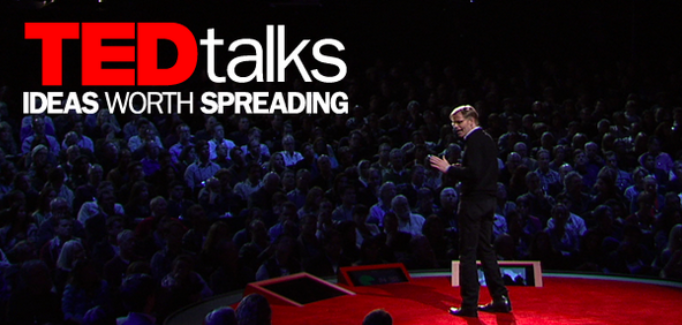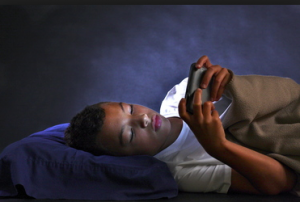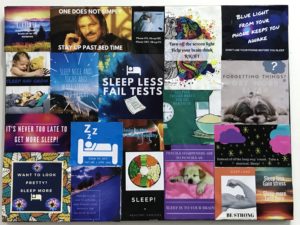This week, I’ve been getting ready to make the trek from Shanghai out to Seattle for the SHAPE America National convention, and I’m super excited. Love the chance to connect with other health teachers and see what everyone’s been up to.
What I wasn’t so excited about, however, was writing up a week’s worth of sub plans. Sub plans are the bane of many teacher’s existence, and I’ve seen coworkers come in when they should be home resting, just so they can avoid writing them altogether.
Luckily, I knew this trip was coming up, and had planned it so my students would be working on projects while I was gone. Also, my amazing regular sub will be able to assist them should anything pop up.
But as I was writing out my plans for the week, it got me thinking. What about when we’re not prepared? When something comes up—which it sometimes will—and a lesson is scheduled that can’t be taught by a sub? With such little instructional time as is, what are our options for last minute meaningful instruction when we can’t be there in person.
And that’s when it hit me… TED Talks!
Gone are the days of filler movies or meaningless worksheets. We’ve got a wealth of amazing guest speakers at our fingertips, whether we’re absent or not.
Here are five talks that I show almost every year. Usually I’m there when I show them so we can discuss afterwards, but in case of a last minute emergency, these classics would work in a pinch.
1. Andy Puddicombe: “All it takes is 10 mindful minutes”
Grades 4-12
In this short talk, Andy Puddicombe, the founder of Headspace, the wildly popular meditation app, explains meditation in a way that is completely accessible to kids and adults as well. He uses humor and explains clearly why we need to meditate, and how simple it truly is.
After watching the talk, the kids can try out one of the meditations from his app, or use a free program like Smiling Mind.
For further learning in older classes, have students read this recent article from The Atlantic about meditation in the workplace: “Corporations’ Newest Productivity Hack: Meditation”
2. Kelly McGonigal: “How to make stress your friend”
Grades 6-12
For so many years, we’ve been taught to view stress as the enemy, and according to this uplifting talk from health psychologist Kelly McGonigal, it’s only making our problem worse. She reframes the way we look at stress in a positive way, as a tool that we can call upon to help us find courage and face our challenges.
This is an engaging talk and I highly recommend it.
For further learning, have the kids reflect about a time when they used stress to their advantage to help them reach their goals.
3. Jane McGonigal: “The game that can give you 10 extra years of life”
Grades 8-12
Yep! Another McGonigal. In fact, they’re twins. My students often joke about what their parents must have been feeding them for breakfast to make them both so smart.
Jane McGonigal is a famous video game designer , and this is her second time at TED Global. In this moving talk, she reveals her personal struggle after recovering from a concussion, and how she created a game to help pull her out of depression and build her physical, mental, social, and emotional resilience. She also gives the viewers some actionable ways to build this resilience themselves.
It’s great to hear someone combine the language we use in class with the language of video games. My students absolutely love this talk and it’s great to remind them that video games can be an amazing stress reliever (when used in moderation, of course!).
For further learning, you can have the kids sign up for her game, SuperBetter, and try to tackle some of their own personal challenges, whether it’s overcoming anxiety, exercising, or getting more sleep.
4. Sherry Turkle: “Connected but alone?”
Grades 8-12
In this powerful and controversial talk, Sherry Turkle, Professor of the Social Studies of Science and Technology at MIT, warns us about the impact that our dependence on technology is having on our social relationships, and where we could all be heading if we’re not careful. It leads to some great discussions with the kids, and hopefully could feed into more conversations at home.
For a shorter and more digestible version of the talk, there is a great video animation that was created called The Innovation of Loneliness. It touches on the key points from her talk while using some pretty cool graphics. My 8th graders love it.
5. Russell Foster: “Why do we sleep?”
Grade 7-12
This is a great talk, as it focuses on all of the amazing benefits of sleep, rather than just on the dangers of sleep deprivation. It gives good scientific information, and a wide variety of reasons as to why we need to change the culture and get to bed at a much earlier time.
For further learning after this talk, have the kids pick one of the benefits of sleep, research more about it, and find a creative way to present it to the class.
These are just a few of the talks that I’ve used, but there are many more coming out all of the time. The 20 minute time limit is perfect for the attention span of today’s students, and the current and relevant nature of the talks make them useful teaching tools that can easily feed into some great discussions and further project ideas.
So, the next time you find yourself scrambling for those last minute sub plans, rather than leaving a bunch of worksheets for the kids to complete, dig through the list of popular TED talks and find one that supports whichever unit you might be studying.
There are talks on nutrition, body image, relationships, bullying, basically all of our major content areas, and for a more comprehensive list, you check out this link from TED of talks directly related to health.



